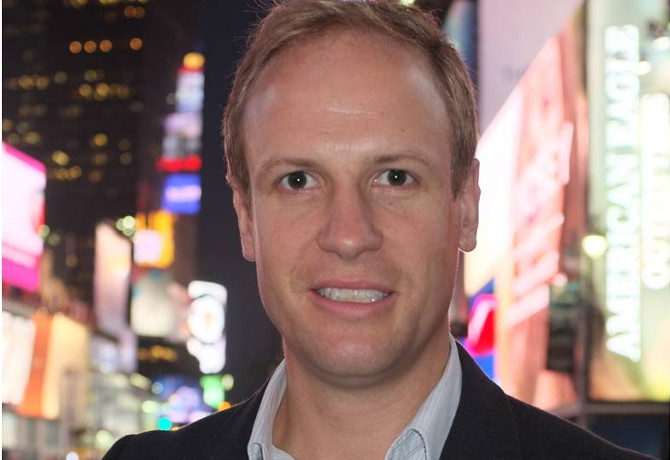Unilever’s commitment to the start-up community is helping it to create an “organisation of the future”, according to the head of Unilever’s Foundry programme.

Speaking to M&M Global, Jeremy Basset, the head of Unilever Foundry, the initiative through which the FMCG giant runs pilots with and invests in start-ups, said the business case for such a programme is “very strong”.
Unilever launched the Foundry in 2014 and has run pilots with around 100 start-ups, nearly half of which it is now beginning to scale. Basset believes it has helped the company to be less introspective and more “externally-focused”.
“This technology is saving us in terms of costs, it’s optimising our business in terms of engagement levels, and it’s helping us to operate much more sustainably. It’s ticking all the boxes,” says Basset.
“If you try and feed opportunities through our standard innovation process, they won’t necessarily survive”
“The challenge is how we continue to iterate the model, and to continue to bring a start-up approach to the inside of the organisation.”
With this is mind, Unilever has signed a partnership with crowdfunding site Indiegogo, to transform the project from an ideas generation model to a “crowd-enabled innovation platform”.
Unilever argues that the tie-up with Indiegogo will allow it to put ideas to the test before developing them fully, and incorporate consumer validation at a “much earlier phase” in the innovation cycle.
“If you try and feed opportunities through our standard innovation process, they won’t necessarily survive,” says Basset. “If you take a start-up approach, then you can get to the idea of crowdfunding. For us, it is a way to test new ideas, to validate those before we invest significant money in developing and launching them, and it is also a way to fund our ideas. It’s a useful approach.”
Environmental impact
One of the first start-ups to move into the crowdfunding phase is BwareIT (see below), a smart device that attaches to taps and showers to display water consumption and temperature. It ties into Unilever’s promise to reduce the environmental impact of its products, a pledge led by chief marketing and communications officer Keith Weed.
“We very much think the solutions to [sustainability issues] exist in the social entrepreneurship space. By tapping into that space, we can help those start-ups to scale up. It does open up doors to potential new commercial opportunities for Unilever as well,” says Basset,
“We look at three KPIs for start-ups – are they more efficient, are they more effective, and are they more sustainable? We always look for at least one of those things. Start-ups are normally brining solutions that are about half the cost, with engagement levels about 30-40% higher, and they are definitely offering solutions that are more sustainable.”
And Basset believes the Foundry concept will stand Unilever in good stead as the marketing world evolves, and international advertisers are required to have access to a wider range of talent and technology.
“In many ways, the organisations of the future will be organisations of networks rather than people. And I believe what we’re doing with the Foundry is creating an organisation of the future, that can tap into networks of start-ups, with social entrepreneurs that can help bring solutions,” he says.
“And we bring scale, distribution, branding capabilities at Unilever, and deliver something is built for the future.”








